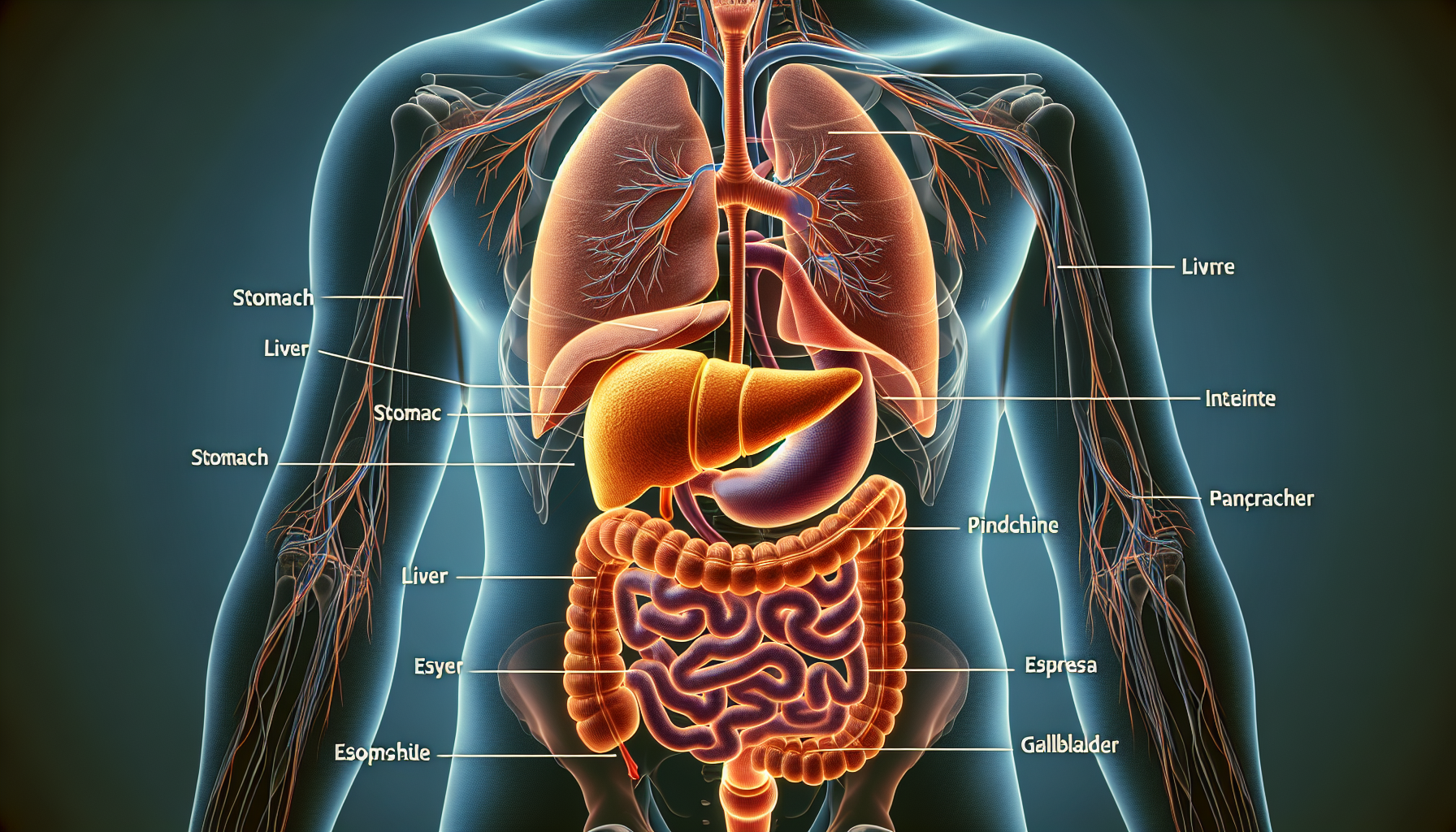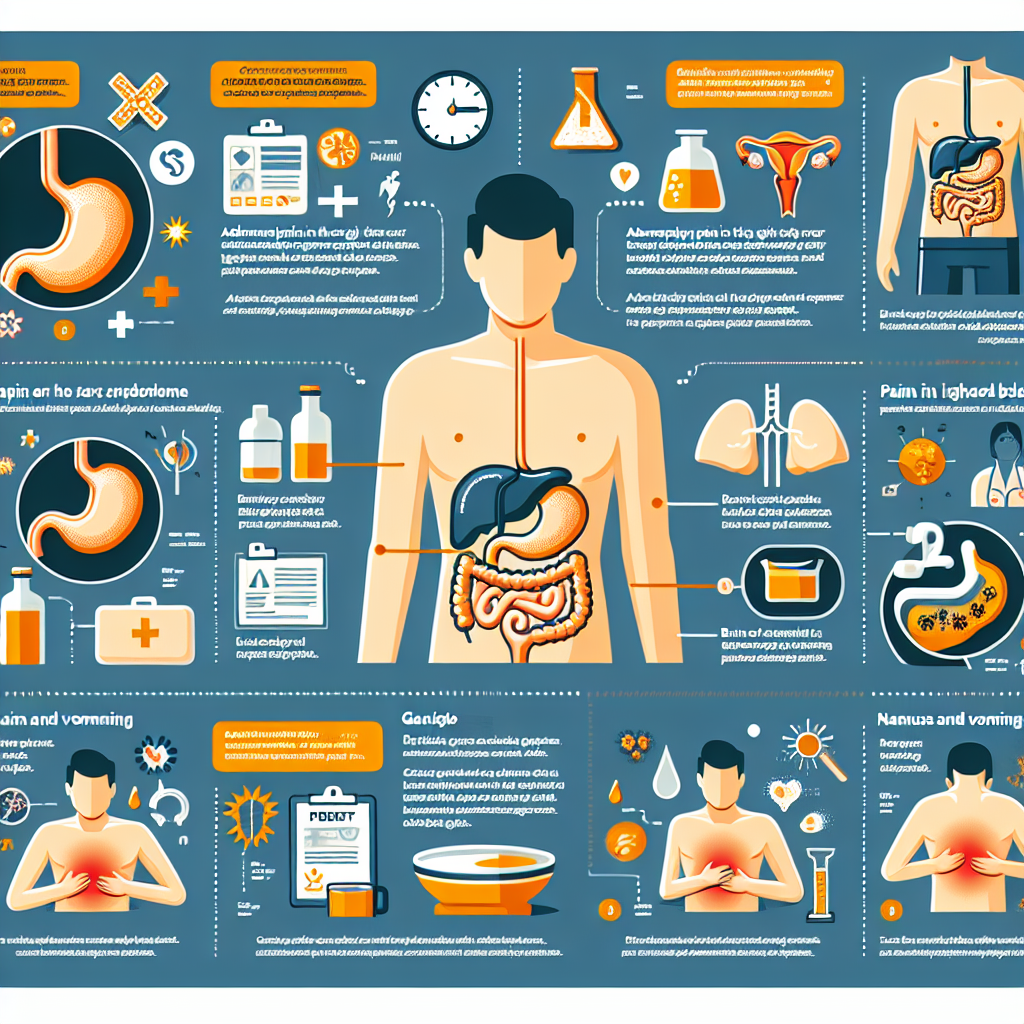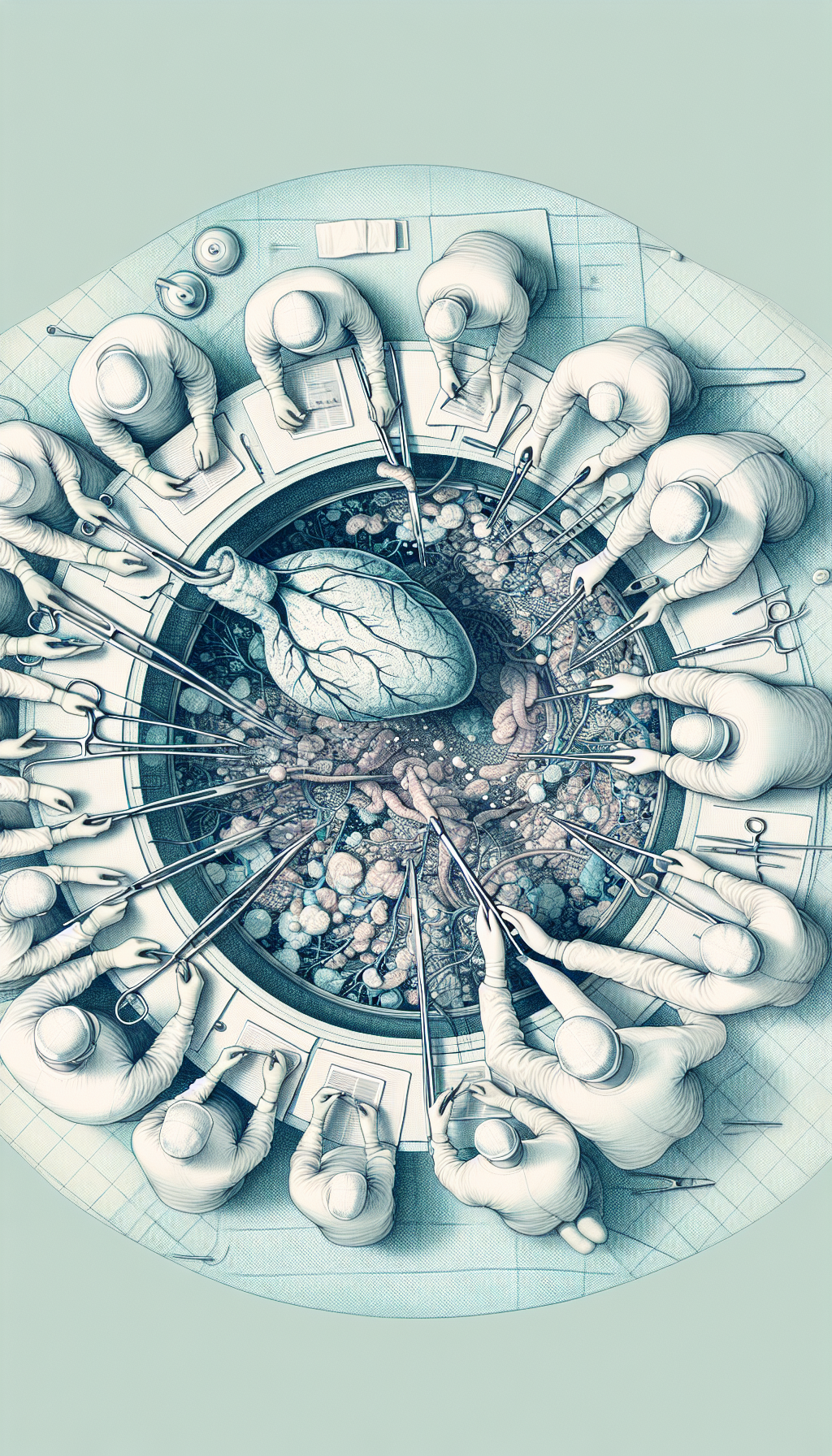Gallstones are a common and often painful condition that can significantly impact digestive health. Understanding the symptoms and implications of gallstones is crucial for maintaining a healthy digestive system and overall well-being. This comprehensive article will explore the signs to watch for, the potential complications of untreated gallstones, and the interconnection between gallstones and broader digestive health concerns.
What are Gallstones?
Gallstones are hard particles that form in the gallbladder, a small organ located beneath the liver. The gallbladder stores bile, a digestive fluid produced by the liver. Gallstones can vary in size and composition, with some being as small as a grain of sand and others as large as a golf ball. They are primarily composed of hardened cholesterol or bilirubin.
Recognizing the Symptoms
The symptoms of gallstones can be subtle and often mimic other digestive issues. Common signs include:
- Pain in the upper abdomen: This pain can be sudden and intense, often occurring after eating a fatty meal.
- Back pain between the shoulder blades: Gallstones can cause referred pain that is felt in the back.
- Nausea or vomiting: These symptoms can accompany the pain and may indicate a blockage.
- Jaundice: Yellowing of the skin or eyes may occur if gallstones block the bile ducts.
It’s important to identify these symptoms early and seek medical advice, as gallstones can lead to complications such as cholecystitis (inflammation of the gallbladder) or pancreatitis.
Complications of Untreated Gallstones
Ignoring the symptoms can lead to more serious conditions, such as:
- Biliary colic: Intense pain caused by a gallstone temporarily blocking the bile duct.
- Cholecystitis: Persistent blockage can lead to gallbladder inflammation.
- Cholangitis: An infection of the bile ducts.
- Pancreatitis: Gallstones can block the pancreatic duct, leading to inflammation of the pancreas.
If left untreated, these complications can become life-threatening, emphasizing the importance of recognizing and addressing gallstone symptoms promptly.
The Link Between Gallstones and Digestive Health
Gallstones are not isolated issues; they are a part of the broader digestive system. Issues with gallstones can be indicative of or contribute to other digestive problems. For a deeper understanding of digestive health and its complexities, consider reading about Digestive Health which provides extensive insights into maintaining a well-functioning digestive system.
Dietary Considerations and Gallstones
Diet plays a significant role in the formation of gallstones and managing their symptoms. A diet high in unhealthy fats and low in fiber can increase the risk of cholesterol-based gallstones. Conversely, a balanced diet rich in fruits, vegetables, and whole grains can help reduce this risk. Here are three articles that delve into the impact of diet on our digestive health and how specific dietary choices can affect conditions like gallstones:
- High Sugar Diets: Learn more about The Impact of High Sugar Diets on Gastrointestinal Health, which can exacerbate gallstone symptoms and contribute to the formation of stones.
- Plant-Based Diets: Discover the Benefits of a Plant-Based Diet for Digestive Health, which may help prevent gallstone formation and improve overall digestive function.
- Hydration: Uncover how Proper Hydration Enhances Digestive Function, including its role in bile production and potentially reducing the risk of gallstones.
Prevention and Treatment Strategies
Prevention and early treatment are key to managing gallstones. Strategies include:
- Maintaining a healthy weight: Obesity is a significant risk factor for gallstones.
- Regular exercise: Physical activity can help prevent cholesterol from crystallizing into gallstones.
- Medication: Certain drugs can dissolve cholesterol gallstones, but they may take months or years to work.
In some cases, surgery may be required to remove the gallbladder, a procedure known as a cholecystectomy. It is a common and safe procedure that can provide relief from gallstone symptoms.
External Resources for Further Reading
For those seeking more niche and detailed information on gallstones and digestive health, the following resources may prove invaluable:
- The National Institute of Diabetes and Digestive and Kidney Diseases (NIDDK) provides an in-depth look at gallstones, their symptoms, and treatment options.
- Mayo Clinic’s Gallstone Page offers a comprehensive overview of the condition, including causes, risk factors, and when to seek medical advice.
- American Gastroenterological Association hosts a patient-centered resource on gallstones, including an explanation of how they develop and treatment approaches.
Conclusion
Gallstones are a common health issue that can cause significant discomfort and lead to serious complications if left untreated. Recognizing the symptoms early and understanding the dietary and lifestyle factors that can reduce the risk of gallstone formation are essential steps in maintaining digestive health. By keeping informed through high-quality resources, individuals can make informed decisions about their health and seek appropriate medical care when necessary.



